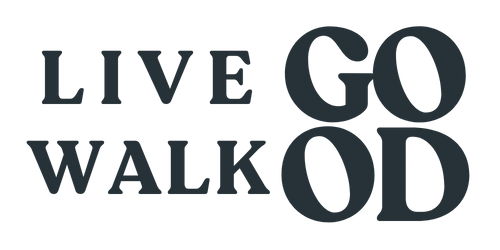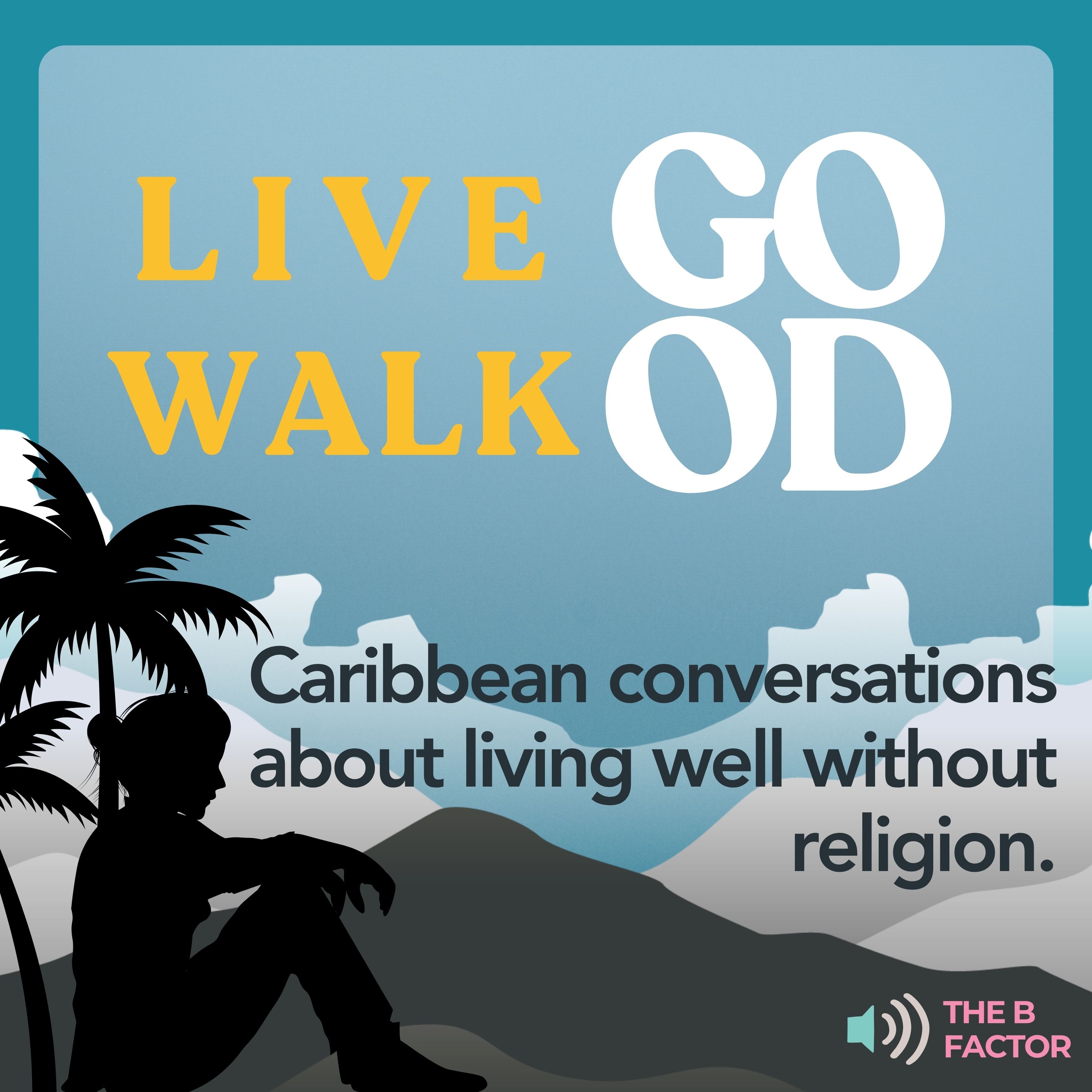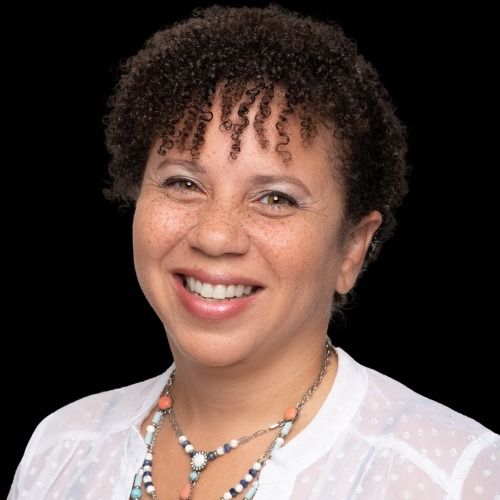S1E4 What Happens After We Die (And Does it Matter)?
This week’s episode takes a detour. I had planned to talk about morality, but life redirected me. My godmother recently passed away at 101, and her death pulled me into the oldest of human questions: what happens after we die?
Across traditions, answers vary: heaven and hell, reincarnation, ancestral return, legacy in memory. But from a humanist lens, death is final. And that doesn’t make life meaningless. Instead, it makes it urgent.
In this episode, I touch on:
- How different cultures and religions wrestle with death
- Why a humanist view of mortality isn’t bleak, but clarifying
- Lessons from a century-long life well lived
- Simple secular practices for remembering the dead and reflecting on our own lives
This isn’t about doctrine. It’s about presence. About living deeply, loving well, and leaving behind a footprint that matters, not for eternity, but for the people and communities we touch right now.
Reflection Questions
- What do you believe happens after we die?
- What would you want your living eulogy to say today?
Next Episode
We’ll take this further: if you don’t believe in an afterlife, is there still room for spirituality? Can there be a sense of the sacred without religion?
No gods. No guilt. Just the work of being human.
Transcript
No gods, no guilt, just
the work of being human.
2
:This is Live Good, Walk Good.
3
:And I'm your host Bianca.
4
:Let's talk about living
well without religion.
5
:This week I had planned to bring
you an episode about morality, how
6
:we decide what's right and wrong
without relying on scripture.
7
:But life has a way of redirecting us.
8
:My godmother passed away recently,
at the age of 101 years old.
9
:Imagine , more than a
full century of life.
10
:She was a woman of faith, deeply
Christian, steady in her belief in heaven
11
:and the promise of life after death.
12
:She prayed every day and she never doubted
where she was going after this life.
13
:When I think about her, I
don't just think about her age.
14
:I think about her sharp wit and stubborn
independence or the way she still insisted
15
:on baking mince pies every Christmas,
her open welcome to everyone who turned
16
:up at her door to join her for some tea.
17
:She was steady, strong, and
absolutely certain of her faith.
18
:Her passing has me thinking
about what happens after we
19
:die and does it really matter?
20
:I find myself reflecting not on
heaven nor hell, but on what it
21
:means to live a good life, when
our time here is all we truly know.
22
:Because whether you believe in heaven
and its pearly gates, reincarnation,
23
:ancestors watching over us or simply
the finality of the quiet return
24
:of your body to the earth, we all
face the same fact of morality.
25
:Our time here is limited, and that to me
is not a reason for despair or depression.
26
:It's cause for clarity, it means
the measure of a life isn't
27
:written in some eternal ledger.
28
:It's written in the choices we
make and the way we live every day.
29
:It's in how we love, how we show
up, how we leave the world just
30
:a little better than we found it.
31
:So today I'm going to start
to explore the biggest of big
32
:questions, death itself, not from a
place of fear, but with curiosity.
33
:Because this episode
is not about doctrine.
34
:It's about something
deeper and maybe scarier.
35
:The reality of mortality.
36
:If death is the end, then the
question becomes what makes life
37
:meaningful while we have it?
38
:Because maybe what matters
most is not what comes after,
39
:but how we live right now.
40
:So let's get into it.
41
:What happens when we die?
42
:It's a question that has haunted
humanity for as long as we've
43
:been able to bury our dead.
44
:Every culture, every religion has wrestled
with it, trying to make sense of the
45
:silence that follows a last breath.
46
:In Christianity, which shaped my
godmother's life, the story is heaven or
47
:hell, judgment, then reward or punishment.
48
:In Hinduism and Buddhism, it's
reincarnation: life as a cycle, a return,
49
:the soul moving into another form.
50
:In many African and indigenous
traditions, it's ancestral return.
51
:The dead don't vanish.
52
:They stay present, guiding,
protecting us, demanding remembrance.
53
:Secular visions of death tend to
focus on legacy and memory on the ways
54
:our lives echo forward in the people
that we've touched, the communities
55
:we've shaped, the love we've given.
56
:Here in the Caribbean.
57
:We carry a powerful mix
of all of those ideas.
58
:Death is communal.
59
:We don't just bury the body, we gather, we
sing, we dance, we drink, we keep watch.
60
:The nine night, which I've mentioned
before, it's part wake, part storytelling,
61
:part resistance against silence.
62
:I can remember one nine night,
where the air was thick with rum and
63
:somebody said, "if yuh nuh talk bout
the dead, them spirit get restless."
64
:That line stayed with me because it's not
theology, it's this community psychology.
65
:It says, remembrance is how
we keep our people alive.
66
:It says, you may be gone, but
your presence is still with us.
67
:So what does a humanist say standing
at the edge of the same mystery?
68
:We say death is final.
69
:There is no next chapter waiting.
70
:But that doesn't make life meaningless.
71
:It makes life urgent.
72
:It sharpens the value of every moment
we have because when the book closes,
73
:the only thing that remains is the story
we've written in the time we were given.
74
:When someone lives to 101, you
can't help but ask, what does
75
:a good life actually look like?
76
:For my godmother, the answer
was shaped by her faith.
77
:To live well, meant to follow
God's word, to serve others,
78
:to be prepared for eternity.
79
:That was her anchor, and it
gave her a kind of certainty.
80
:She measured goodness, by obedience, by
devotion, by trust in what came after.
81
:For me, the measure is different.
82
:I don't believe there's a
ledger being kept in heaven.
83
:For me, a good life is measured not
by what happens after death, but
84
:by what happens while we're alive.
85
:By the relationships we build,
the care we give, the ways we face
86
:hardship without losing our humanity.
87
:When I look at her century of living, I
see resilience: surviving loss raising
88
:family, keeping traditions alive.
89
:She and her husband moved to Jamaica
nearly 70 years ago, leaving their home
90
:on the other side of the Caribbean.
91
:They built a life, started a family,
and raised their daughter together.
92
:She lost her husband decades
ago, and her daughter now lives
93
:abroad and started her own family.
94
:I see service, small acts of generosity
that ripple through a community.
95
:She never met a person or an
animal she wouldn't invite in.
96
:For many years, her home was often
kept open and when asked if she wasn't
97
:afraid of being robbed, her response
was they probably need it more than her.
98
:I see joy, the laugh, the stubborn
humor, the lightness even in old age.
99
:She played the piano well into her
nineties before her hands got too stiff.
100
:She loved music and dancing,
and always had a story or two
101
:to tell to those who gathered.
102
:And I see connection, from
simple tea to homemade treats, to
103
:warm hugs for everyone she met.
104
:The way people have been showing up to
honor her at the end is proof that love
105
:leaves a footprint no grave can cover.
106
:From a humanist perspective,
that's the heart of it.
107
:A good life isn't about earning
entry into an afterlife.
108
:It's about the footprint we leave
on the world we actually touch.
109
:The question is not where am I
going, but what am I building?
110
:What am I giving?
111
:How am I living right now?
112
:Because at the end, the things that
remain aren't promises of eternity.
113
:They are the echoes of our choices,
still moving through the people we've
114
:loved and the lives we've touched.
115
:When death feels close, it has a
way of pulling us into reflection.
116
:Religion often gives people
ready-made rituals for that:
117
:prayers, hymns, ceremonies.
118
:But we don't need belief in an afterlife
to create meaning in how we honor the
119
:dead or how we reflect on our own lives.
120
:So I want to offer two
simple practices you can try.
121
:They're humanist in nature.
122
:These rituals don't require
faith, just intention.
123
:The first is a living eulogy.
124
:Sit down with a piece of paper and
write what you'd want people to say
125
:about you if your life ended today.
126
:Are you living in a way that lines up
with the story you would want told?
127
:If not, what could you change
this week, this year, to bring
128
:those two things closer together?
129
:The second practice is about
gratitude for the dead.
130
:Think of someone who shaped
your life, maybe a family
131
:member, a teacher, a friend.
132
:You can light a candle for them or
simply speak their name out loud.
133
:Share a story about them with someone
else, or even just with yourself.
134
:You don't need to believe that they're
watching over you for the act to matter.
135
:The meaning is in the remembering.
136
:This is what I call humanist spirituality.
137
:It's not a prayer to the heaven,
but presence in the here and now.
138
:Forget promises of eternal life,
but make intentional choices to
139
:honor the lives that have touched
ours and to shape the kind of life
140
:we want to live while we still can.
141
:Death isn't a door to somewhere else.
142
:It's a reminder to fully
inhabit where we are.
143
:When I think of my godmother, what
stays with me isn't just her age.
144
:It's the lessons her life left behind:
the resilience she carried through
145
:a century of change, the service she
gave to her family and community,
146
:the joy that found her even in the
smallest things and the love that
147
:wrapped her life like a thread binding
people together across generations.
148
:Those lessons endure, not because she's
watching from above, but because they
149
:live on in the people who knew her, in
the ways we carry forward her example.
150
:That's legacy.
151
:That's immortality in a humanist sense.
152
:And it reminds me that the measure
of a life is not how long it
153
:is, but how deeply it is lived.
154
:So as we close, I invite you
to ask yourself, what depth
155
:are you bringing to your days?
156
:What story are you writing
in the time that you have?
157
:Because the book ends for all of us.
158
:The only question is what
kind of story we leave behind.
159
:I would love to hear your
reflections on this one.
160
:What would you want your living eulogy to
say about the way you're living right now?
161
:You can share your thoughts
with me on social media, or
162
:send me a message directly.
163
:I read every one.
164
:Because these aren't
just abstract questions.
165
:They're the heart of what it means to live
good and walk good, right here, right now.
166
:And next time we'll take this
conversation a step further.
167
:If you don't believe in heaven
or an afterlife, is there
168
:still room for spirituality?
169
:Can there be a sense of the
sacred without religion?
170
:We'll explore what secular
sacredness might look like and how
171
:to practice it in everyday life.
172
:I had planned to spend this week
talking about morality, about how we
173
:decide what's right and wrong without
scripture, and we will come back to that.
174
:But losing my godmother reminded me
that before we argue over ethics,
175
:we have to face the bigger truth.
176
:We are mortal.
177
:She lived a century of
life grounded in her faith.
178
:She believed in heaven, in
seeing loved ones again.
179
:I don't share that belief, but I
do share the conviction that a life
180
:can be meaningful, not because of
what comes after, but because of
181
:what we create while we're here.
182
:I know that her life mattered, not because
of where she thought she was going,
183
:but because of what she left behind.
184
:When we strip away the promise of
eternity, we are left with something
185
:raw and beautiful: this life.
186
:The one we're in right now.
187
:The laughter that lingers in memory, the
kindness that ripples forward, the love
188
:that changes us and then changes others.
189
:Death isn't a loophole into something
greater, it's the final punctuation mark,
190
:and knowing that makes the sentences
in between, the days, the choices, the
191
:relationships, all the more important.
192
:So I'll leave you with this thought.
193
:The best way to prepare for death is
not by worrying about what comes after.
194
:It's by living so fully, so honestly
that when your time comes, the story you
195
:leave behind is one worth remembering.
196
:So until next time: live good, walk good.


